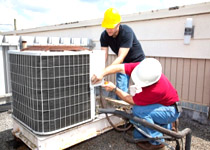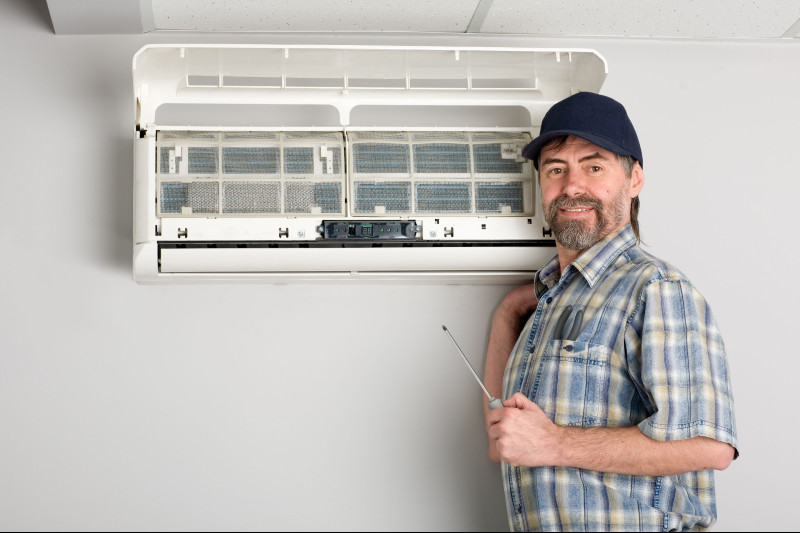Gas heaters are growing in popularity among homeowners in Lexington, KY and throughout the country, partly due to the availability and affordability of natural gas.
Advantages of Gas Heaters
• A gas heater offers several advantages, compared to electric heating systems.
• Gas heaters use less energy to operate
• Because they are energy efficient, gas heaters reduce environmental impact.
• Natural gas furnaces have twice the lifespan of other types of heaters
• Natural gas heaters have fewer emissions than other heating fuels
Types of Gas Heaters
Homeowners have several options for gas heaters to warm their homes or the outdoor areas, such as a patio heater. These heaters work by burning gas to generate heat. Specific heaters are designed to work with a certain gas, typically either propane, natural gas, or butane. It is essential to select a heater that is intended for your gas supply.
A gas heater can be either flued or non flued and are sometimes known as vented or non-vented. Flued heaters are permanently installed in the home and vented to remove the emissions from the heater, sending them up the chimney to the outside. These systems can be used to heat the entire home. Because they are vented, flued heaters are considered to be safer than non flued heaters.
Non flued or unvented heaters are usually portable space heaters, but some are permanently installed. It is essential that the heater have adequate ventilation to avoid fires or carbon dioxide poisoning. When using this type of heater, it is important to keep it clean and turn the heater off before going to bed at night. A carbon dioxide detector should be installed in the home to monitor levels of this odorless gas.
Selecting an Energy Efficient Gas Heater
While gas heaters can have better energy efficiency than electric heaters, the efficiency will vary depending on the type of heater. The energy efficiency of gas heaters has increased in recent years. The efficiency of gas heaters is rated using the Annual Fuel Utilization Efficiency rating (AFUE). A higher number indicates better energy efficiency. In addition to this number, the cost of the electricity used to run the controls and blowers must be factored in to determine the total operating cost. Your contractor can help you select the best heater for your home.
Improving Energy Efficiency
Homeowners can take steps to improve the energy efficiency of home heaters. Lowering the temperature on the thermostat can help reduce energy consumption, even if you only lower the thermostat by a few degrees. In addition, lowering the temperature at night helps to improve energy efficiency. Drafts decrease comfort in your home and the energy efficiency of your heater. Use heavy curtains to reduce drafts coming in through the windows, select energy efficient replacement windows to replace old and drafty windows, and have your duct system checked for leaks to maximize comfort and energy efficiency.







